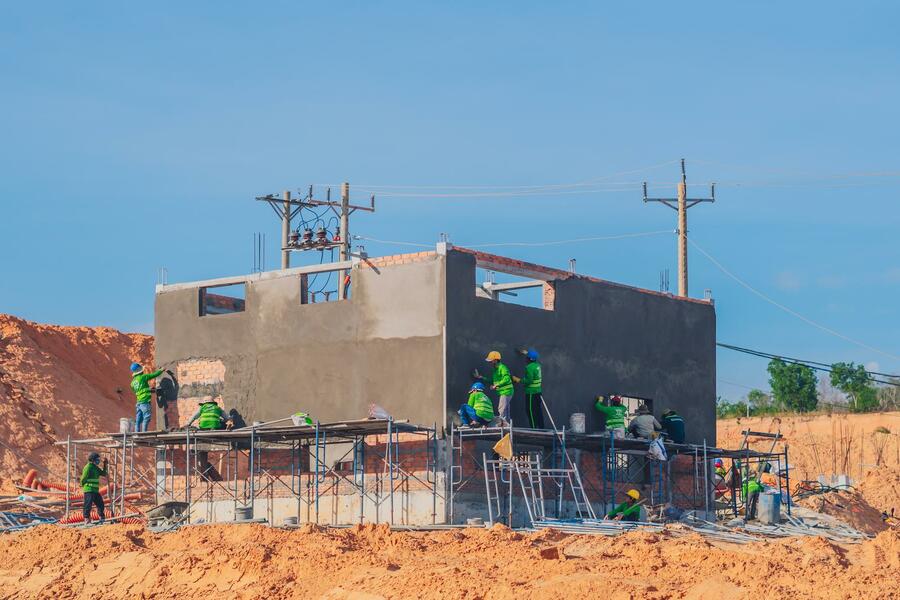Last Updated on October 24, 2023 by Neil Sharma
Ontario municipalities secured infrastructure project funding from the federal and provincial governments at the tail end of 2020, but there’s no guarantee they’ll be so lucky this year.
“Municipalities are facing the same again in 2021, and we’re very much hopeful that the federal and provincial governments will come to the aid of municipalities and provide financial assistance through the Safe Restart Agreement 2.0, or any other mechanism they deem fit,” said Nadia Todorova, interim executive director of the Residential and Civil Construction Alliance of Ontario (RCCAO).
Canadian municipalities are prohibited from running budget deficits, and without fiscal aid from the two levels of government, planned infrastructure projects could get cancelled or postponed, asserts a new RCCAO report, Averting a Crisis: The Need to Protect Ontario’s Infrastructure Investments. In fact, the City of Toronto released its 2021 budget a couple of weeks ago and anticipates a $1.6 billion deficit, which it’s hoping to avoid with $856 million of additional funding—it’s already received $740 million—from the other two levels of government.
Not only will failure to financially buoy municipalities delay infrastructure projects in the MUSH (municipalities, universities and colleges, school boards and hospitals) sector, it will result in up to 117,671 job losses and imperil economic recovery from the COVID-19 pandemic.
“Investment in capital and repair construction by the public and not-for-profit sector supports approximately 91,566 direct jobs in the construction industry. Roughly 71% of these 91,566 construction jobs are supported by investments in the maintenance and expansion of infrastructure by the MUSH sector, along with cultural institutions. This represents approximately 65,012 jobs,” said the report.
“These 65,012 jobs in the construction industry support a further 29,255 jobs in the supply chain that is linked to the construction industry,” continued the report.
However, according to Todorova, the layoffs have already begun.
“We have indication from our members that they’ve laid off several hundred workers because tenders have been decreasing over the last few months,” she said.
And with construction season mere months away, the potential crisis looms large. But Todorova says there’s still enough time to make sure it doesn’t manifest.
“We’ve had great communication with both levels of government, and they understand the seriousness of the predicament,” she said. “They came together for the 2020 announcement and we hope they follow through in 2021 as well, because they understand what’s at stake and also what those jobs mean for the economy, economic competitiveness, and by extension, Canada.”
Neil Sharma is the Editor-In-Chief of Canadian Real Estate Wealth and Real Estate Professional. As a journalist, he has covered Canada’s housing market for the Toronto Star, Toronto Sun, National Post, and other publications, specializing in everything from market trends to mortgage and investment advice. He can be reached at neil@crewmedia.ca.








